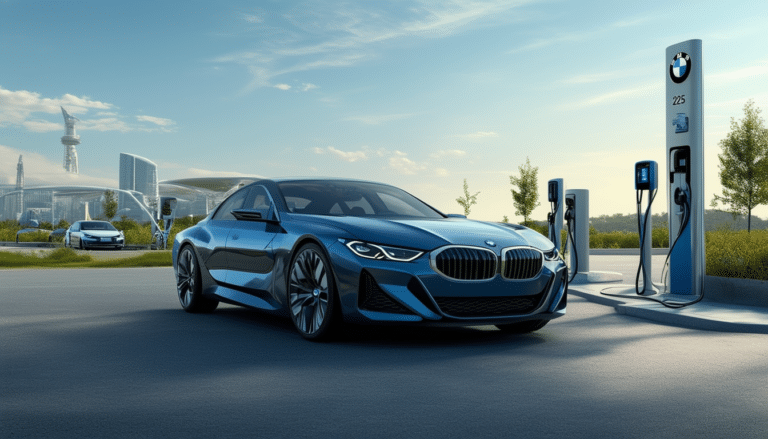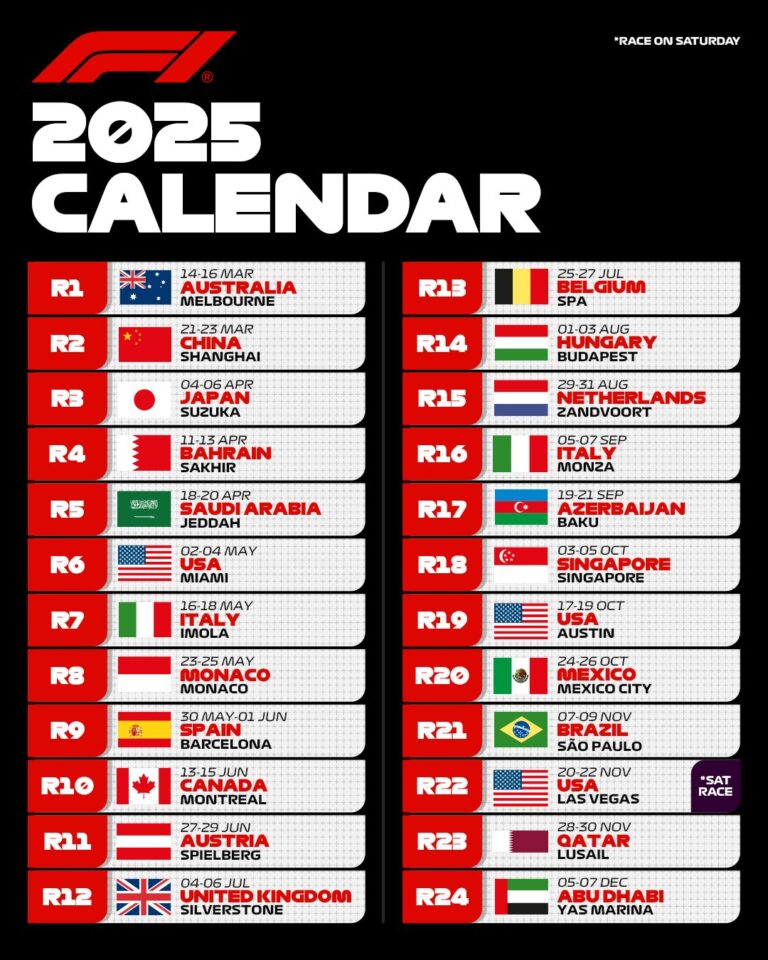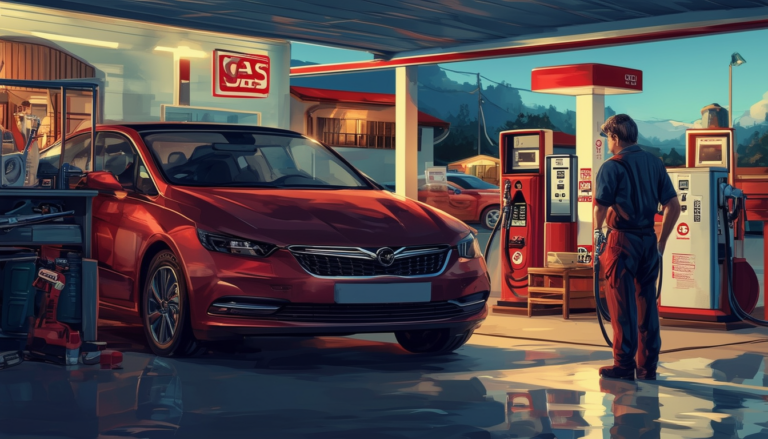The resistance of traditional cars in Europe against automotive evolution
In the current context of automotive evolution, the resistance of traditional cars in Europe raises an interesting debate about the future of the automotive sector. Despite the growing pressure towards electrification and sustainability, thermal engine vehicles, including diesel and hybrid models, continue to occupy a prominent place in the European market. The projections from manufacturers, which anticipate a transition to a 100% electric model in the short term, seem out of step with the current reality of the sector. This phenomenon indicates that, although the trend leans towards electrification, the story of traditional cars is not yet over.
In the current context of the automotive industry, the persistence of thermal engine vehicles in Europe is surprisingly evident. Despite the growing demand for electric models, manufacturers still rely on traditional cars, such as hybrids and diesels, which continue to capture a significant portion of the market.
The uncertain future of electric models
European car manufacturers have adjusted their projections regarding the future of electric vehicles. Although companies like Stellantis and Renault have set ambitious targets, the current reality shows a notable resistance of thermal engine cars. Carlos Tavares, in his 2022 roadmap, had announced a transition to a 100% electric model by 2030 in Europe, a deadline that now seems optimistic.
For his part, Luca de Meo, CEO of Renault, had mentioned that electric vehicles would represent 30% of sales in his brand by 2025, a figure that, upon reviewing recent data, turns out to be somewhat distant, considering that in the previous year this segment only reached 13%.
The dominant role of hybrids
The sales data presented in February demonstrates that, although battery electric vehicles (BEVs) are gaining ground with 15% of the market, hybrid vehicles continue to lead consumer preferences, reaching 34.9%. This illustrates the continued relevance of traditional cars within the context of the European market.
The combination of a combustion engine with the assistance of a non-rechargeable battery has proven to be a point of attraction for many drivers looking for efficiency without completely giving up thermal engines. The acceptance of these vehicles suggests that the shift towards fully electric mobility still faces barriers in terms of infrastructure and consumption.
The future of mobility and the challenges ahead
As major manufacturers continue to develop new electric models, competition with hybrid and diesel cars intensifies. Technological innovation remains key to the evolution of the industry, but the resistance of traditional cars highlights the complexity of the shift towards a more sustainable automotive future.
As an example of innovation and robustness in automotive design, the case of the Tesla Cybertruck stands out, redefining safety and durability in the sector. The enduring value of certain models is also discussed, as is the case with cars with indestructible engines that promise exceptional durability.
Meanwhile, drivers are also looking for ways to optimize their driving experience, as suggested in tips for reducing fuel consumption in traditional vehicles. Adaptation and optimization are part of a dynamic that continues to present new challenges and opportunities in the automotive sector.
The resistance of traditional cars in Europe
Despite the growing pressure towards electrification in the automotive sector, combustion engine cars maintain their relevance in the European market. Although car manufacturers like Stellantis and Renault have set ambitious plans to increase the proportion of electric vehicles, the reality of adoption appears to be less optimistic. Data shows that, by early 2025, electric vehicles barely represented 15% of sales, while hybrid vehicles continue to lead with 34.9% of the market.
This situation suggests that, while there is a push towards sustainability, the transition to exclusive electric vehicles will not happen overnight. Consumers continue to value the reliability and performance of traditional engines, indicating that the industrialization of conventional cars will remain part of the European automotive landscape for several more years.





